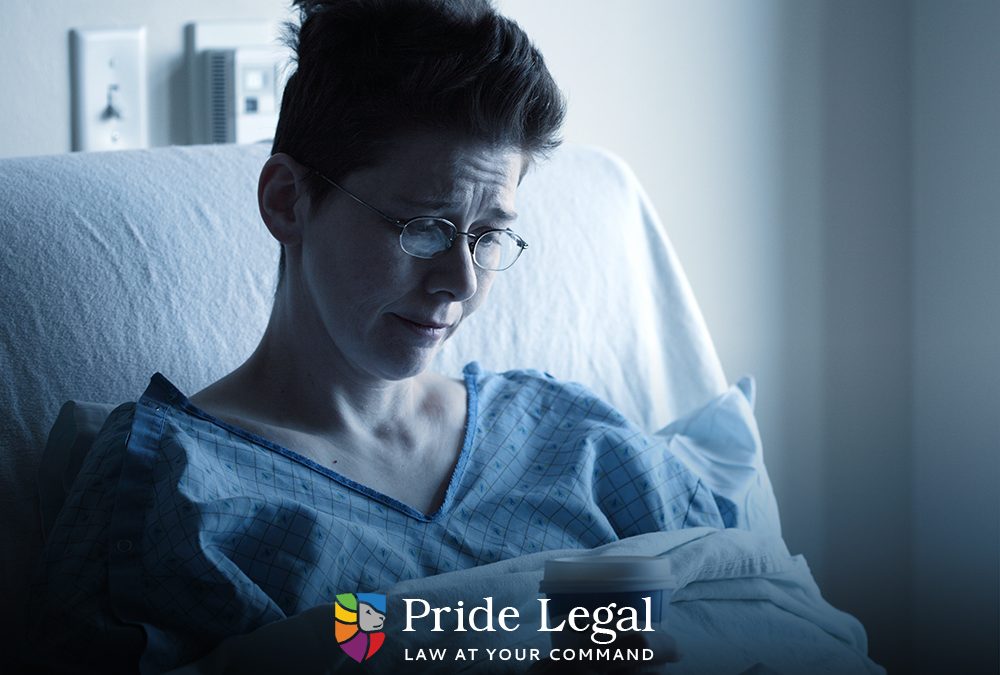What You Need to Know About HIV/AIDS Criminalization Laws in California
It is hard for most of us to imagine that someone could be guilty of a crime due to a medical condition. Sadly, that was the reality for many people for many years. Until 2017, people diagnosed with HIV could be subject to felony prosecution under certain circumstances. Here’s everything you need to know about HIV/AIDS criminalization laws in California.
The History of HIV/AIDS Criminalization Laws in California
In 2017, Governor Jerry Brown transformed the landscape in California when he signed Senate Bill 239 into law. Under the new law, HIV is classified the same as other communicable diseases, which can be punished as a misdemeanor, but only if the government can prove that the person acted with intent to harm someone else.
Though not felonies, HIV/AIDS criminalization laws still exist in California. Under the law, it is a misdemeanor for someone with HIV/AIDS to:
- Act with “specific intent” to transmit the disease to someone else.
- Engage in conduct that poses a “substantial risk of transmission.
- Engage in conduct that does transmit the disease to someone else, and the person exposed did not know the defendant had HIV/AIDS.
- Disregard a health officer’s instructions, such as engaging in conduct that risks transmission despite being warned not to.
It is important to note that a defendant who takes practical and reasonable measures to prevent transmission cannot be prosecuted. That includes complying with medical treatment, using prophylactics, using condoms, etc.
Protect Your Legal Rights
Medical conditions should not be considered criminal, and patients battling HIV/AIDS should not be considered dangerous. If you have HIV/AIDS and would like to know more about your legal rights, contact Pride Legal to be connected with one of our LGBTQ legal professionals.
Contact Pride Legal
If you or a loved one would like to be more informed of your legal rights, we invite you to contact us at Pride Legal for legal counseling or any further questions. To protect your rights, hire someone who understands them.

